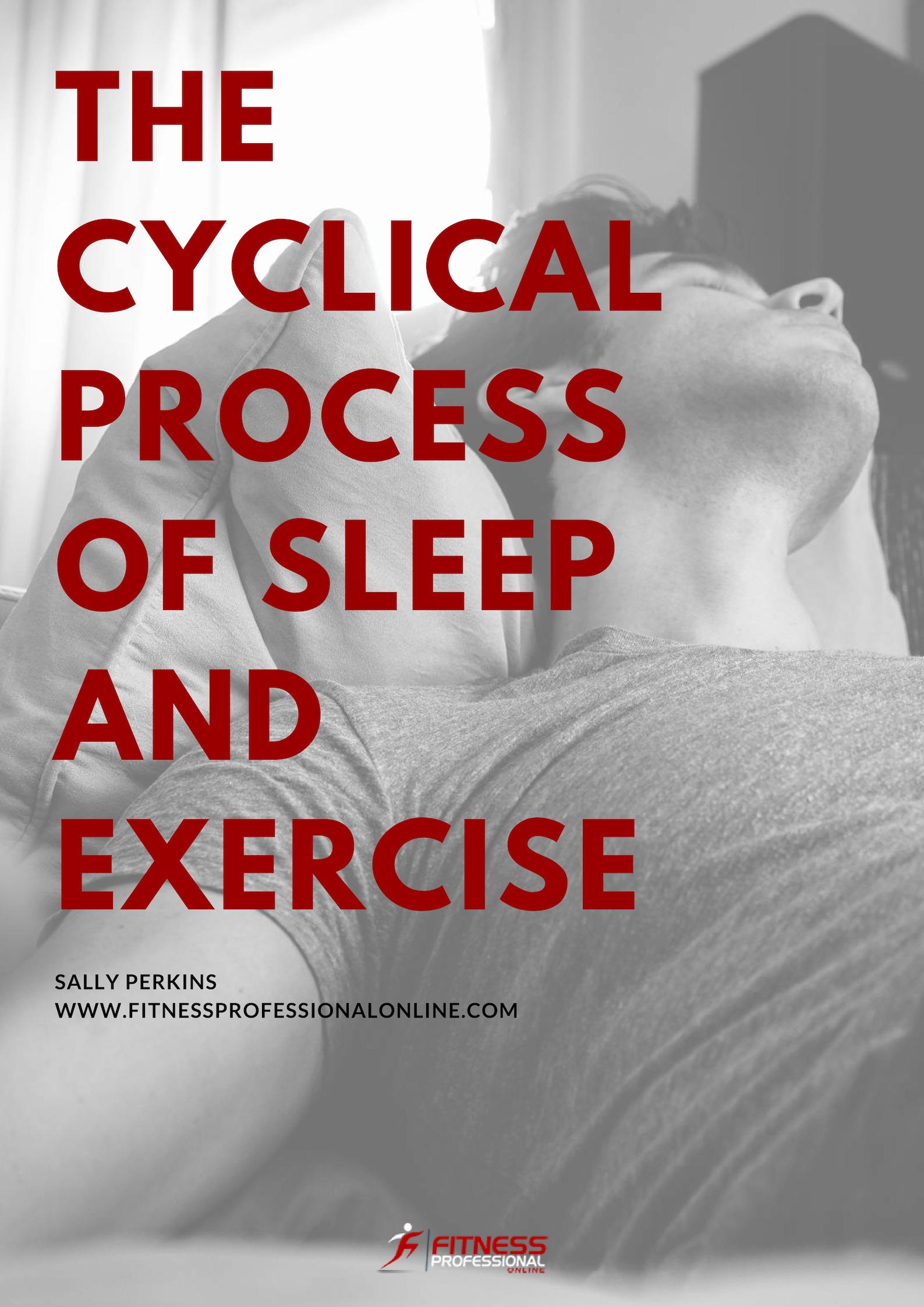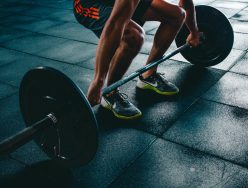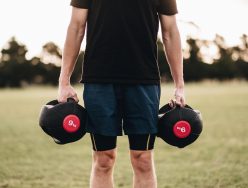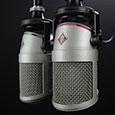One in three American adults don’t receive the recommended 7 hours of sleep per night, reports the Center for Disease Control. Additionally, only 23% of Americans get the recommended amount of weekly exercise. But how is sleep related to fitness? Well, it’s somewhat of a cyclical effect: sleep habits affect exercise, and conversely, exercise affects sleep. By reflecting on your own habits, you can positively change your life by incorporating an exercise regimen to influence your ability to sleep soundly nightly.

Reflect on Your Existing Habits
Let’s first look at sleep: what are your current sleep habits? Are you tossing and turning at night? Is your partner’s sleeping habits affecting your own? Once reflecting on the source(s) of your insomnia – whether stress, anxiety, caffeine, lifestyle, etc., consider using exercise as a cure to your restless nights, says the U.S. Office of Disease Prevention and Health Promotion. More than three-fourths of frequent exercisers sleep soundly, reports the Sleep Foundation. Kick your bad insomnia-causing habits by incorporating exercise as a healthy lifestyle habit.
How Exercise Benefits Sleep
The science behind the positive effects of exercise on sleep is overwhelming. Moderate aerobic exercise, like jogging, dancing, and biking, increases your amount of slow wave sleep reports Dr. Charlene Gamaldo of John Hopkins Medicine. Slow wave sleep is the deep rejuvenating sleep we all yearn for; it’s the deep slumber. In addition, Dr. Gamaldo reports that exercise also helps decompress the brain and stabilize your overall mood (regardless of your time of exercise), which is an essential cognitive process to relax your way into sleep. Although incorporating exercise might take several weeks to make an impact on your sleep, it’s effects are long-term and consistent.
The Reversal: How Sleep Affects Your Workouts
While exercise might take weeks to affect your sleep, sleep can affect your exercise immediately. A good or bad night’s sleep can have immediate positive or negative effects on your workout, writes Psychology Today. A poor night’s rest can lead to poor brain functioning, tiredness, and general exhaustion. This can affect the efficiency and power of your exercising–if you even have the energy to exercise in the first place. You can make exercise more impactful by allowing yourself the time to get a good night’s rest to impact tomorrow’s workout regimen the study finds. Avoid those late night TV screens and scrolls through Instagram by giving your body the rest that it needs.
Take a look at your own sleeping and exercise habits. Maximize your potential and treat your body right by not only getting a good night’s sleep but by exercising to help keep the cyclical process going.
Was this Article Helpful?
If this article was helpful to you, please consider linking this article to your own blog or sharing this through the social buttons below. You will also find other great articles at “Workouts“.
- 101shares
- 0Facebook
- 0Twitter
- 101Pinterest
- 0LinkedIn


















